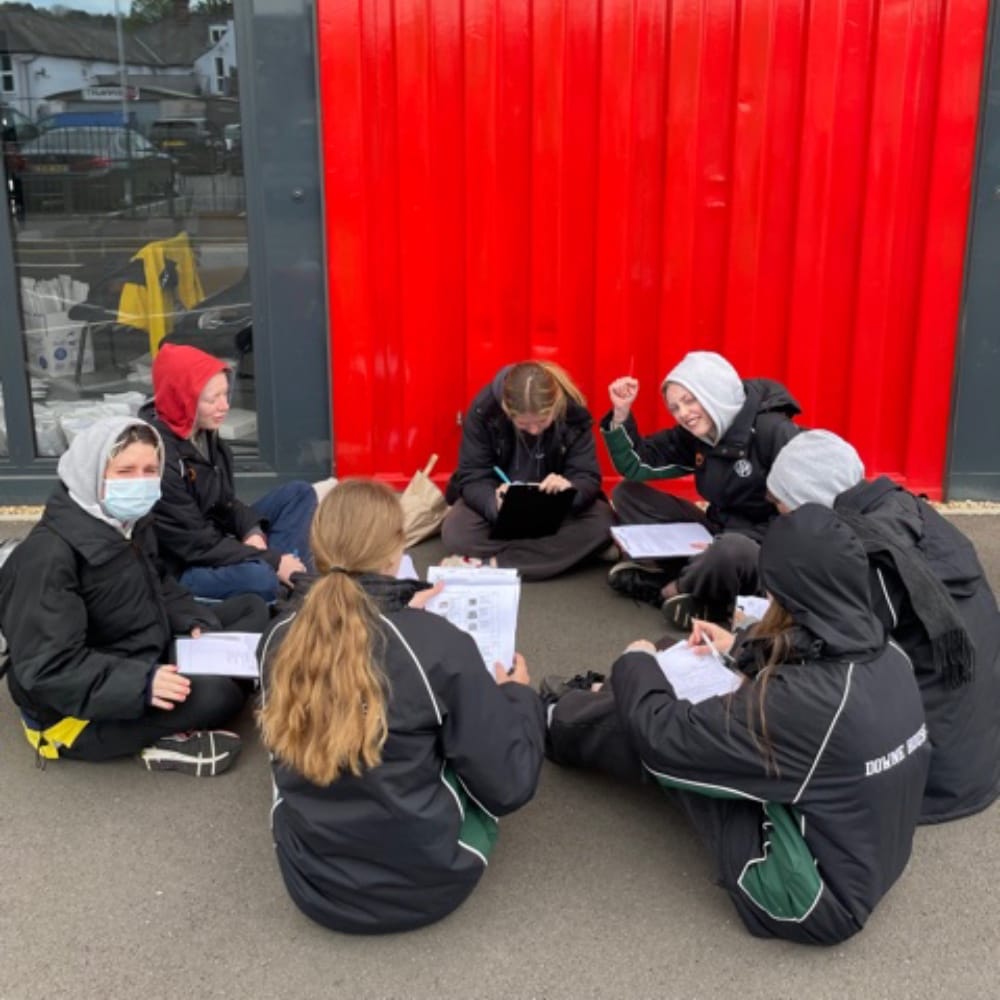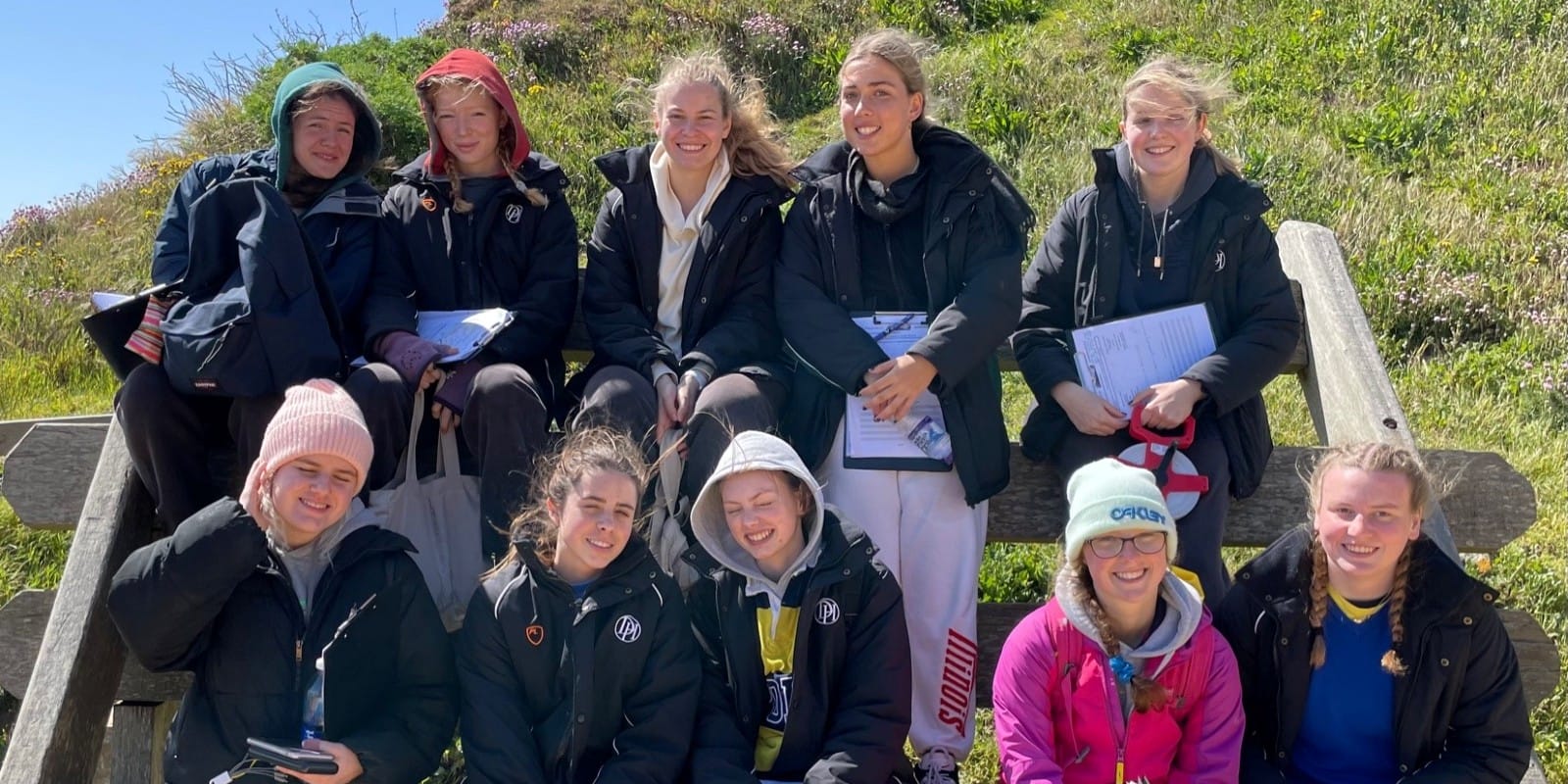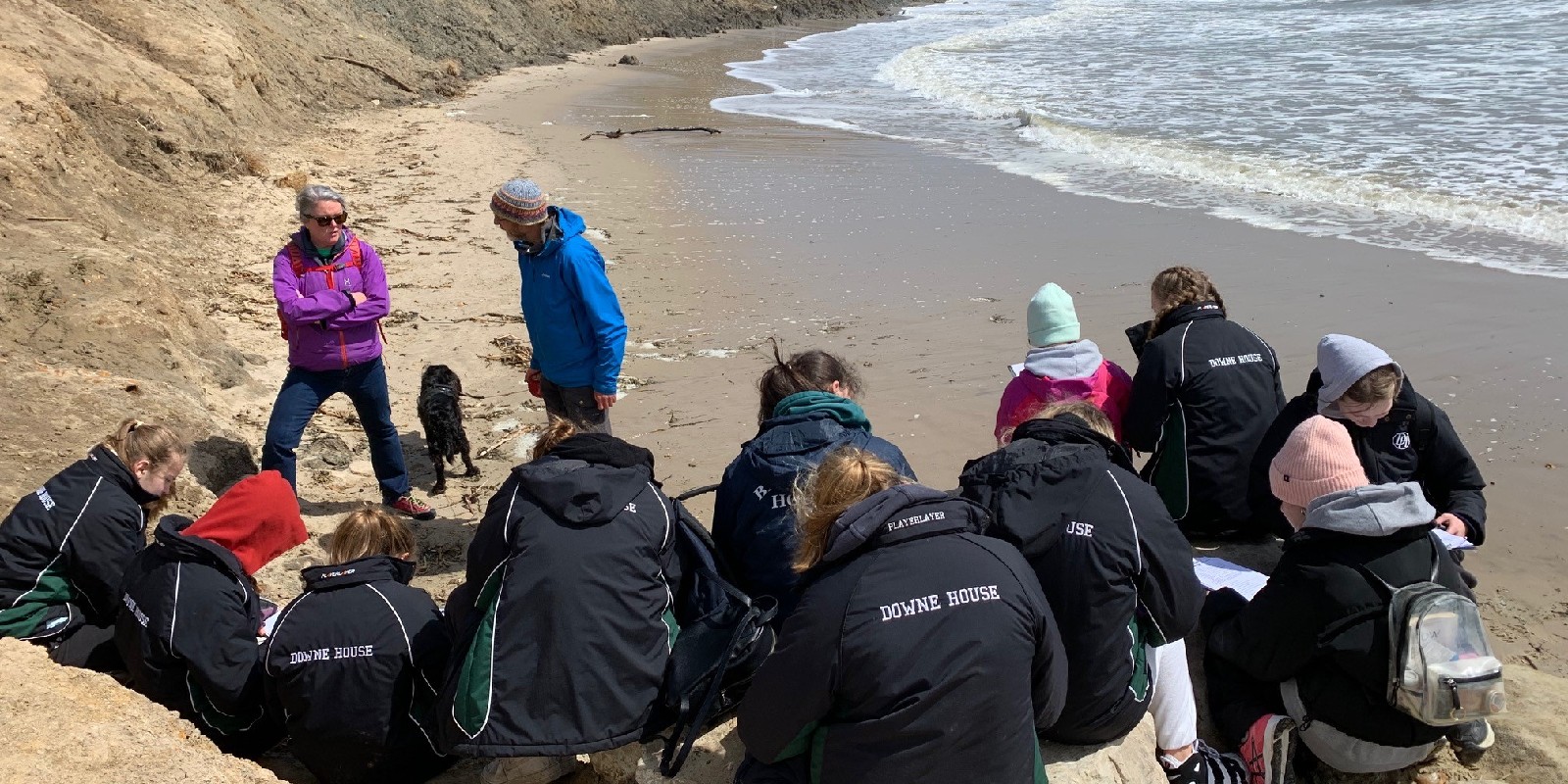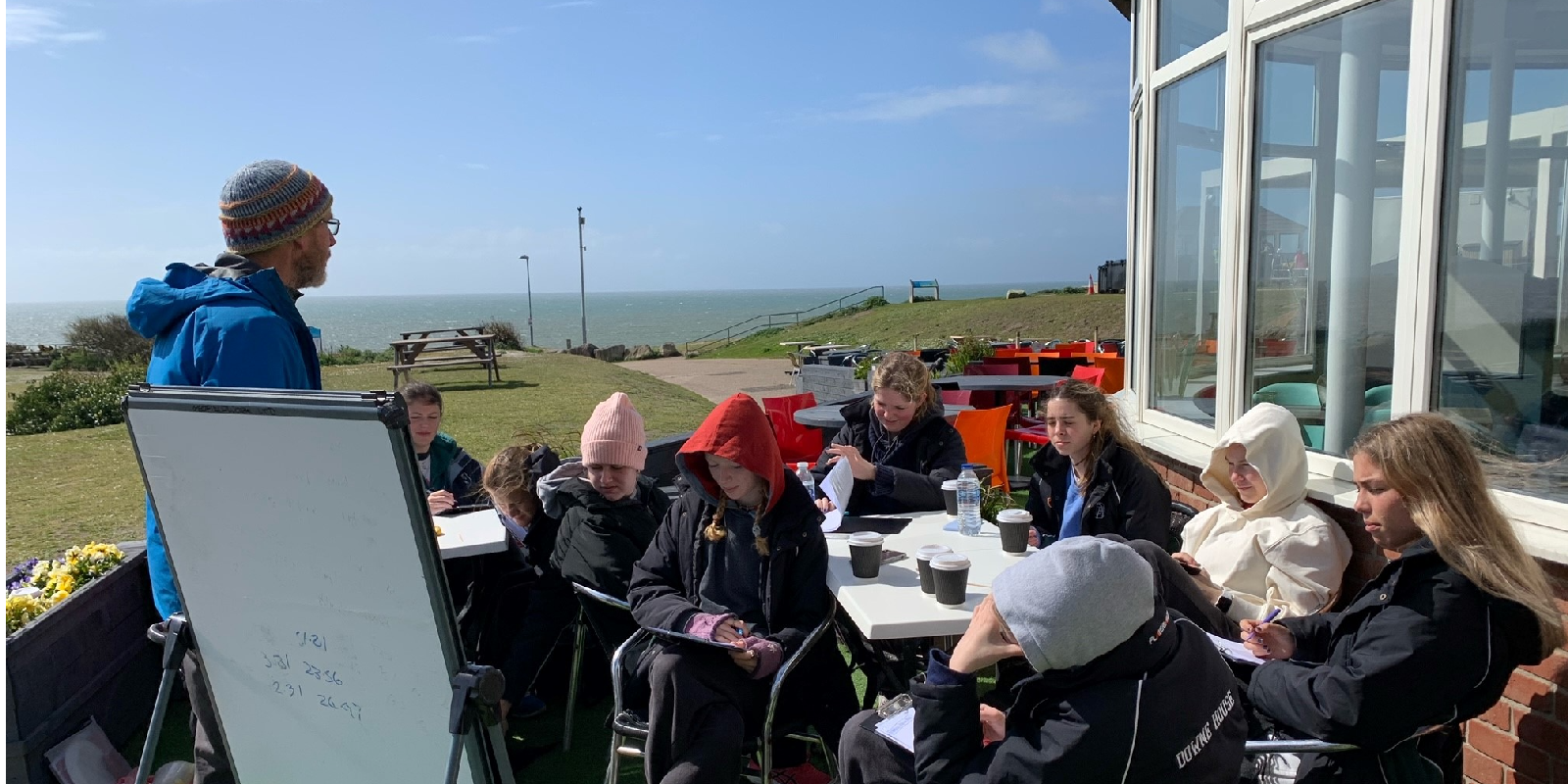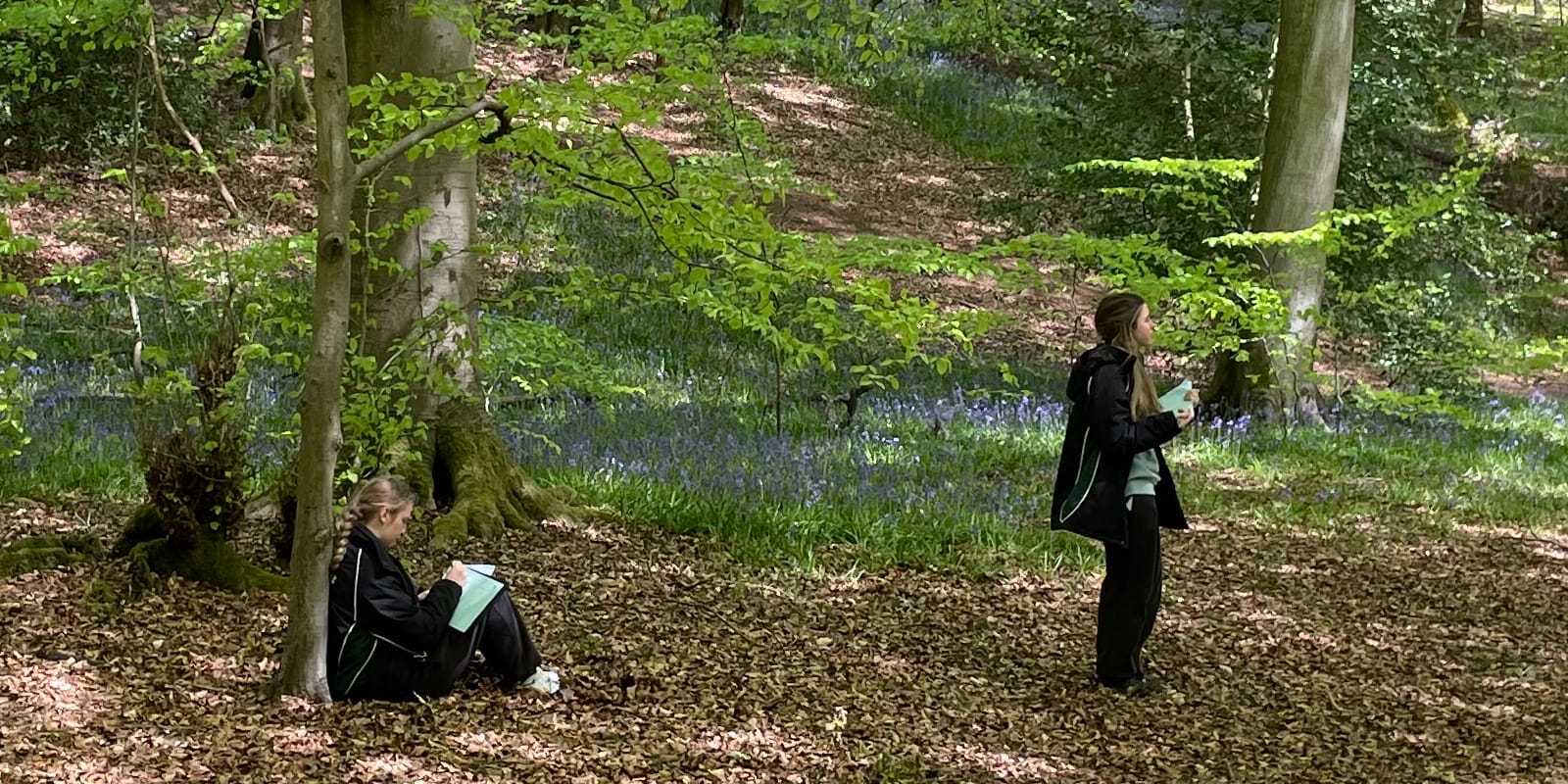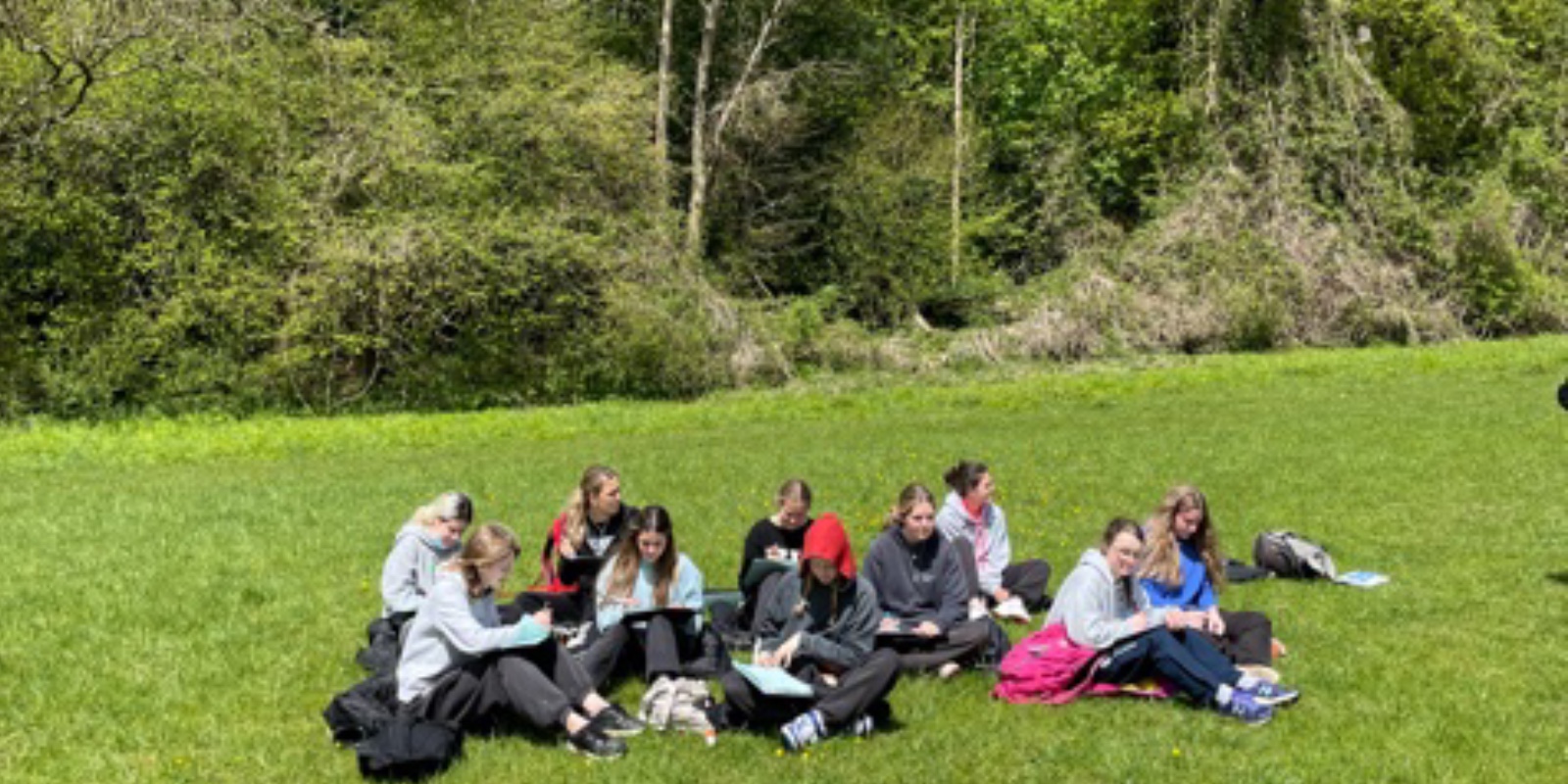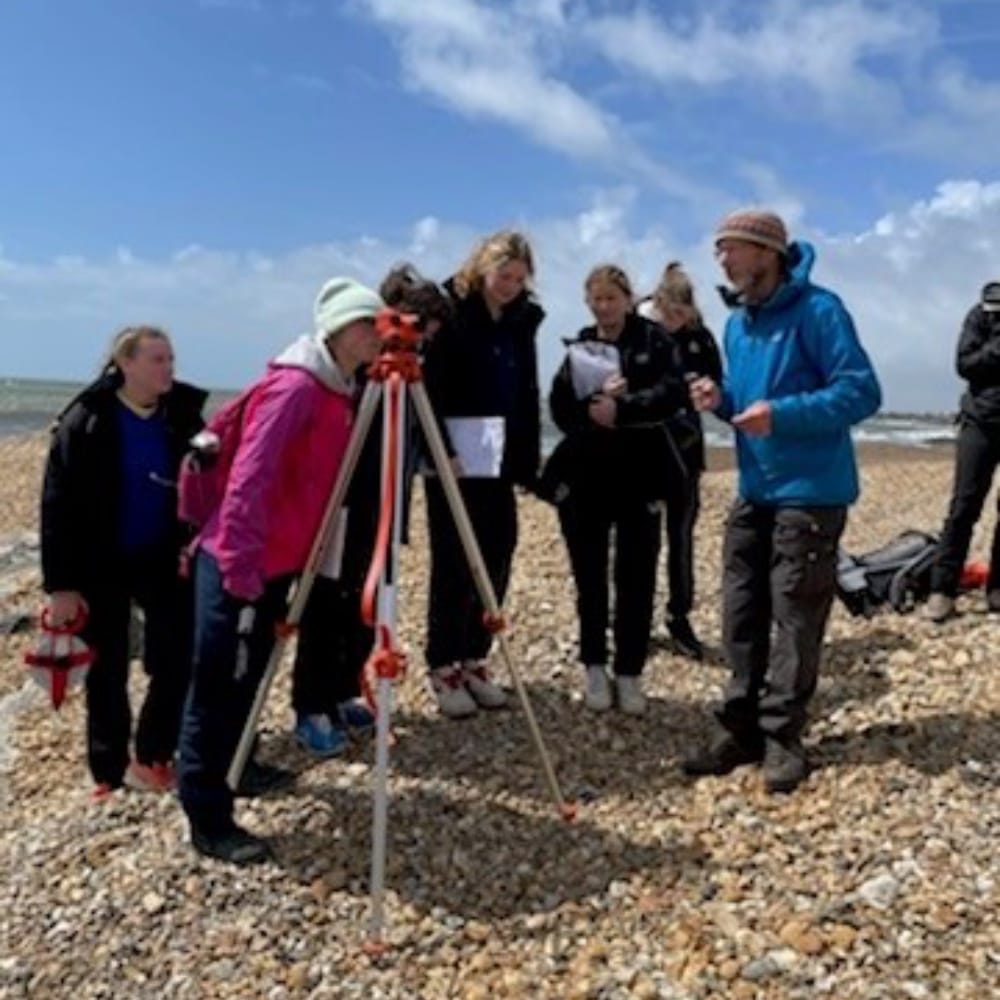

The A Level Geography students set off on fieldwork trips to Dorset and Buckinghamshire to complete their coastal landscapes systems coursework and to embark on two days of human geography fieldwork.
The group travelled along the Dorset coast visiting sites at Highcliffe, Barton on Sea and Hurst Spit which are all experiencing rapid rates of erosion exacerbated by rising sea levels. Guided by Barry Cullimore of Geofieldwork, the girls learned about sampling strategies, statistical techniques and secondary data sources.
In Amersham, the girls completed two days of human geography fieldwork – the first day was spent in a village location, Great Missenden and the second day was spent on urban regeneration methodologies in High Wycombe.
Head of Geography, Miss Kathryn Rawlinson said,
Find out more about Geography at Downe House hereThe aim of the fieldwork trips was to give the girls lots of experience of geographical fieldwork methodologies and to introduce different types of data collection strategies which they will then be able to incorporate into their own research projects (for the Non-Exam Assessment). By practising these methods in the field, the girls learn what works and what doesn’t. They also become better at anticipating the limitations that these methods might have. My thanks to Geofieldwork for all their help in organising such comprehensive and well managed fieldwork trips.
Tours & Open Mornings
The best way to find out more about Downe House is to experience it for yourself. Book a personal tour or join us at one of our Open Mornings, available throughout the year.
Discover